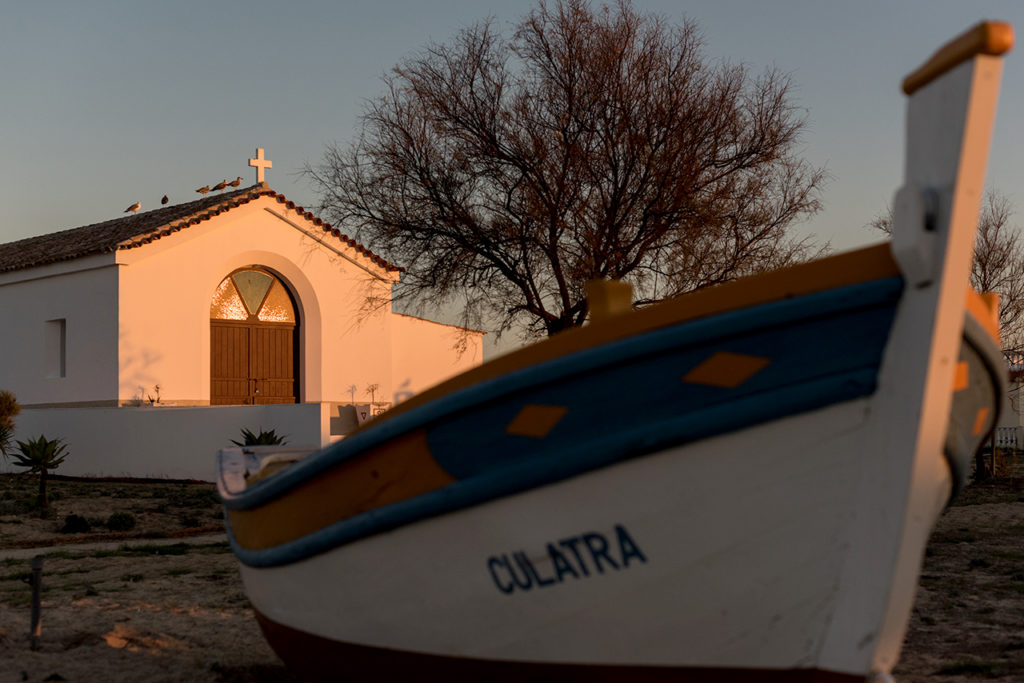The acquisition of electric vehicles to provide home support in Culatra, the remodeling of the kitchen in the Parish of São Pedro social canteen, the construction of a monument to King João III and the installation of table tennis equipment were the four winning proposals of the Participatory Budget 2020 of the Parish Union of Faro.
The four projects that will be implemented by the UFF were chosen from a total of 12 proposals, which were put to the vote between the 25th of August and the 3rd of October. In all, 716 customers from Faro.
The most voted proposal, with 248 votes, was proposal No. 2 - "Electric vehicles for home support in the Culatra nucleus", which "has as its objective the acquisition of electric vehicles to replace the existing ones, which run on gasoline, contributing to an island more ecological and environmentally friendly, in order to achieve the proposed objectives of the Culatra 2030 project», according to the União de Freguesias Farense.
In second place, with 165 votes, was Proposal no. 8 – “Social project – remodeling of the kitchen of the social canteen of the Parish of São Pedro” which “proposes a reformulation of the current canteen so that it is provided with better means and better conditions to respond to the numerous requests that the parish of St. Peter seeks to support».
In third place, with 88 votes, was “Proposal No. 1 – “Construction of a monument to D. João III – King who raised Faro the city” which aims to “erect a memorial in honor of the king who, on September 7, 1540, raised Faro the city".
Finally, the fourth most voted proposal, with 65 votes, was Proposal no. 6 – “Installation of table tennis equipment in public spaces”, “which aims to implement concrete equipment in squares, gardens and squares in the city. for the outdoor practice of Table Tennis».
For UFF, the civic participation in this 2020 edition of the Participatory Budget was “very positive, both in the phase of presentation of proposals and participatory meetings and in the voting phase”.


















Comments